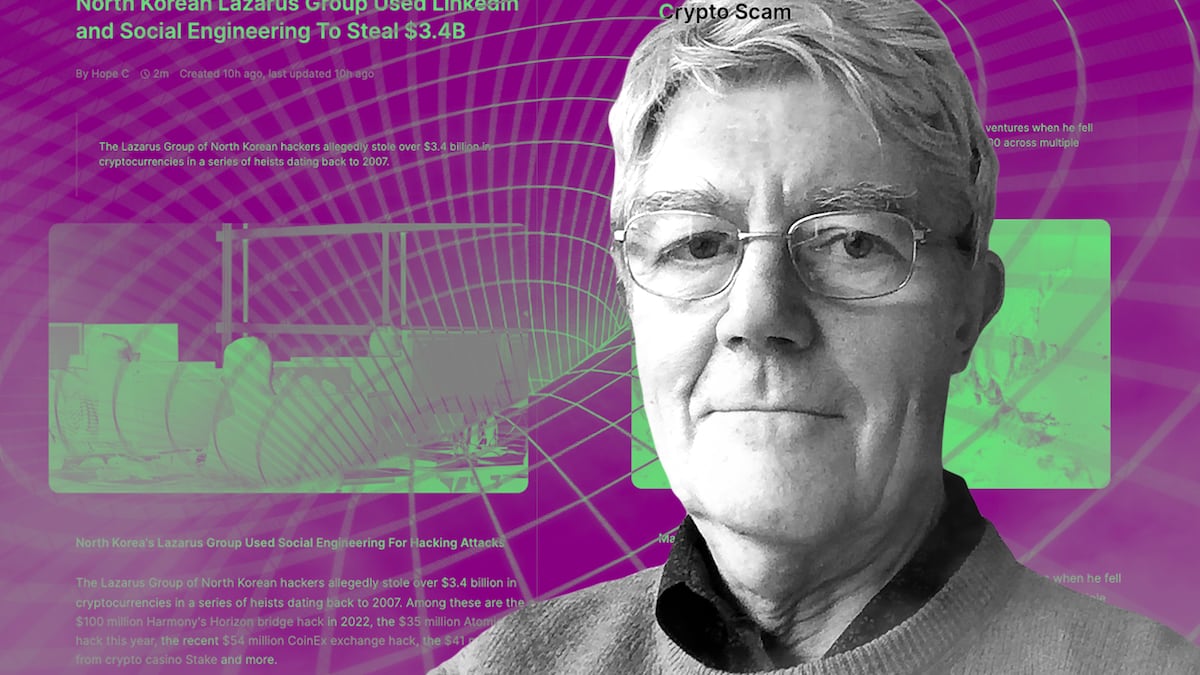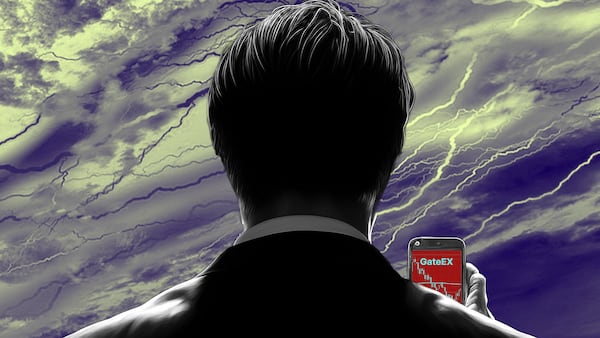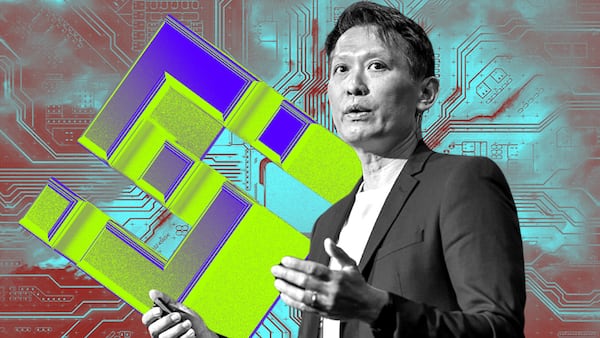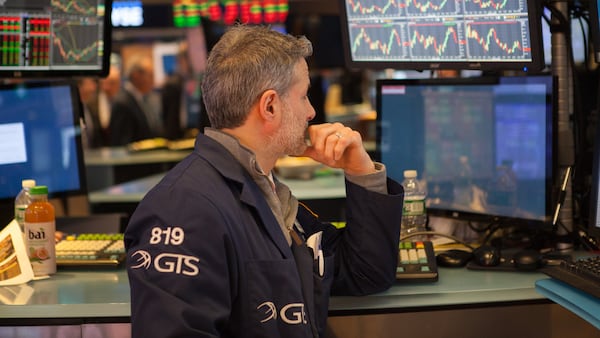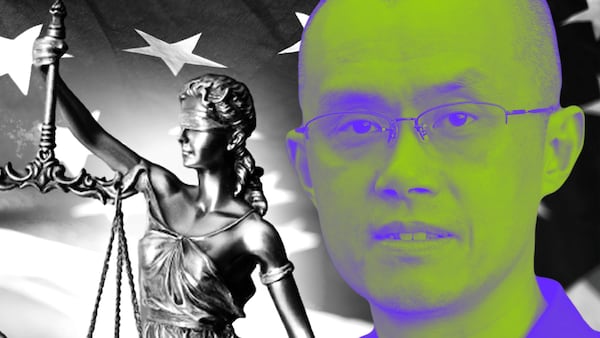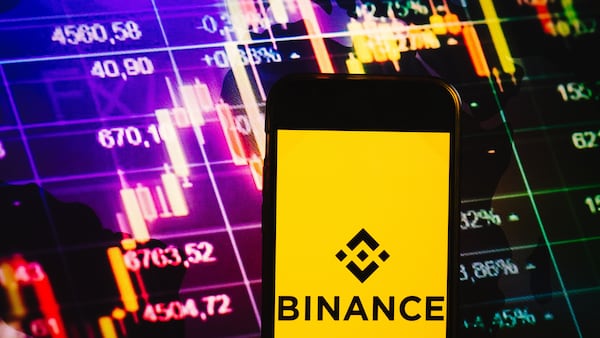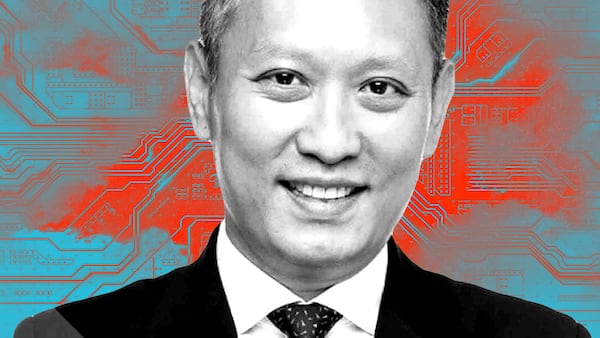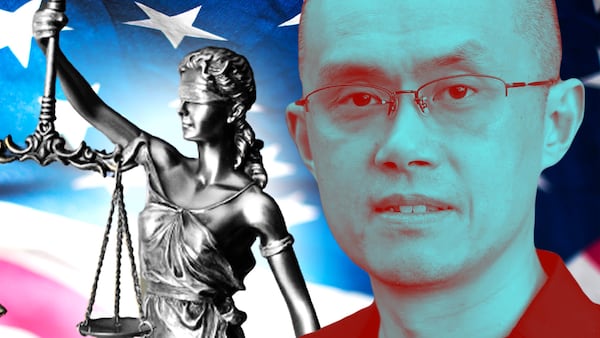- Both the SBF and CZ criminal cases involved money laundering charges.
- 'Money laundering' might sound idiomatic but it has a precise legal meaning.
- The origin of the phrase goes back centuries.
Robert Holloway is a columnist and ombudsman at DL News. Views expressed are his own.
Two of the biggest names in crypto face prison terms for money-laundering offences. But what does the expression mean, and where does it come from?
Money laundering might sound idiomatic but, as the former heads of FTX, Sam Bankman-Fried, and of Binance, Changpeng Zhao, found to their detriment, it has a precise legal meaning.
US President Ronald Reagan signed the Money Laundering Control Act in 1986 as part of his administration’s efforts to curb the illegal trade in narcotics. The British government has issued more than 30 money laundering regulations since 1993.
Three steps
Other countries have used the phrase in their legislation.
The US Treasury Financial Crimes Enforcement Network defines money laundering as: “a process by which criminals seek to disguise the true source of their illegally obtained funds or proceeds of crime.”
The process typically involves three steps, it says.
“First, the illegitimate funds are furtively introduced into the legitimate financial system. Then, the money is moved around to create confusion, sometimes by wiring or transferring through numerous accounts. Finally, it is integrated into the financial system through additional transactions until the ‘dirty money’ appears ‘clean’.”
Money laundering can take several forms.
Bankman-Fried, who was convicted on November 2, stole investors’ deposits to cover losses in his investment firm and contributed millions of dollars to political candidates before the 2022 mid-term elections in the US.
The indictment said he “caused contributions to be reported in the names of co-conspirators” so as to conceal their origin.
Bankman-Fried, known as SBF, also lent money to employees of FTX or its sister company Alameda so they could make donations or investments that were not traceable to him.
He used the bank accounts of shell companies to buy luxury real estate or shares in artificial intelligence startups.
‘Binance was allowing illicit actors to transact freely, supporting activities from child sexual abuse to illegal narcotics to terrorism.’
— Janet Yellen, US secretary of the Treasury
Methods preferred by other money launderers include: false invoicing, gambling, paying staff in cash without contracts, physically smuggling cash across borders, illicit credit card payments, and self-trading to give the illusion of market movement where none exists.
This list is not exhaustive.
Bankman-Fried was also convicted on the legal technicality that any transaction exceeding $10,000 is automatically deemed to be money laundering if the funds were obtained by means of wire fraud.
Narcotics to terrorism
Three weeks later, Zhao, known as CZ, admitted failing to put in place legally required checks on transactions by groups that have been banned by the US government.
Treasury Secretary Janet Yellen told a news conference in Washington that “Binance was allowing illicit actors to transact freely, supporting activities from child sexual abuse to illegal narcotics to terrorism.”
Attorney General Merrick Garland said Zhao and other Binance executives had “engaged in a deliberate and calculated effort to profit from the US market without implementing the controls that are required by US law.”
Zhao and Bankman-Fried are due to be sentenced next year.
Criminals were trying to cover their financial tracks long before crypto, before the 1986 Act, before illegal drug trafficking and terrorism, and probably before the Medici family opened its first bank in Florence in the 15th century.
The origin of the phrase “money laundering” is, however, obscure. Some internet sites associate it with Al Capone, the Chicago gangster.
One blogger even proclaimed her account as “100% historical”, saying that in 1926 Capone bought a chain of laundromats to channel the proceeds of bootlegging and prostitution.
Anti-financial crime expert Christopher Stringham has blown that myth out of the water. In an essay published on LinkedIn, he points out that laundromats did not exist until 1934.
Capone began serving a 17-year prison sentence in October 1931. He was released on grounds of ill health in 1939 and died in January 1947 aged 48.
Moreover, “Al Capone never took any serious attempts to conceal his activities or present his income as legitimate,” Stringham says. He was convicted, not of money laundering, but of tax evasion.
Immoral and dirty
So, if not with America’s Public Enemy Number One, where did the term originate?
The earliest use noted by the authoritative Oxford English Dictionary is in The New York Times in 1974.
An article about corruption in the Bahamas, published in Life magazine in 1967, said that “hidden money, after it has been ‘laundered,’ usually gets back into the underworld economy in the US.”
Some people have regarded money of any kind as immoral and dirty.
Saint Paul wrote that “the love of money is the root of all evil.” At several places in the New Testament, he warns Christians not to be tempted by “filthy lucre”.
In contrast, according to the Roman emperor Vespasian (ruled 69-79 CE), Pecunia non olet, or: Money has no smell.
It was a retort to his son Titus, who objected to a tax on the sale of the contents of Rome’s public urinals. Urine contains ammonia and was used to tan leather and clean wool that had been shorn from a sheep’s back. Urine was also used by launderers to whiten soiled clothes.
Edward Gibbon, in his 18th-century classic, “The Decline and Fall of the Roman Empire,” notes that Vespasian rose from humble origins to become the army’s choice as emperor. But, Gibbon adds, “his merit was rather useful than shining, and his virtues were disgraced by a strict and even sordid parsimony.”
Two dynasties
Modern historians are less snide and give Vespasian credit for careful management of state finances. Mary Beard, author of the best-selling “SPQR,” remarks that while others were assassinated, Vespasian was “the only emperor in the first two dynasties to die without any rumours of foul play surfacing.”
His name lives on the vespasiennes, wrought-iron open urinals that used to be a feature of Paris streets but have mostly been replaced by coin-operated, self-cleaning cubicles.
This is one of a series of occasional articles about finance and language. If you have opinions about the subject, you can contact me at robert@dlnews.com
